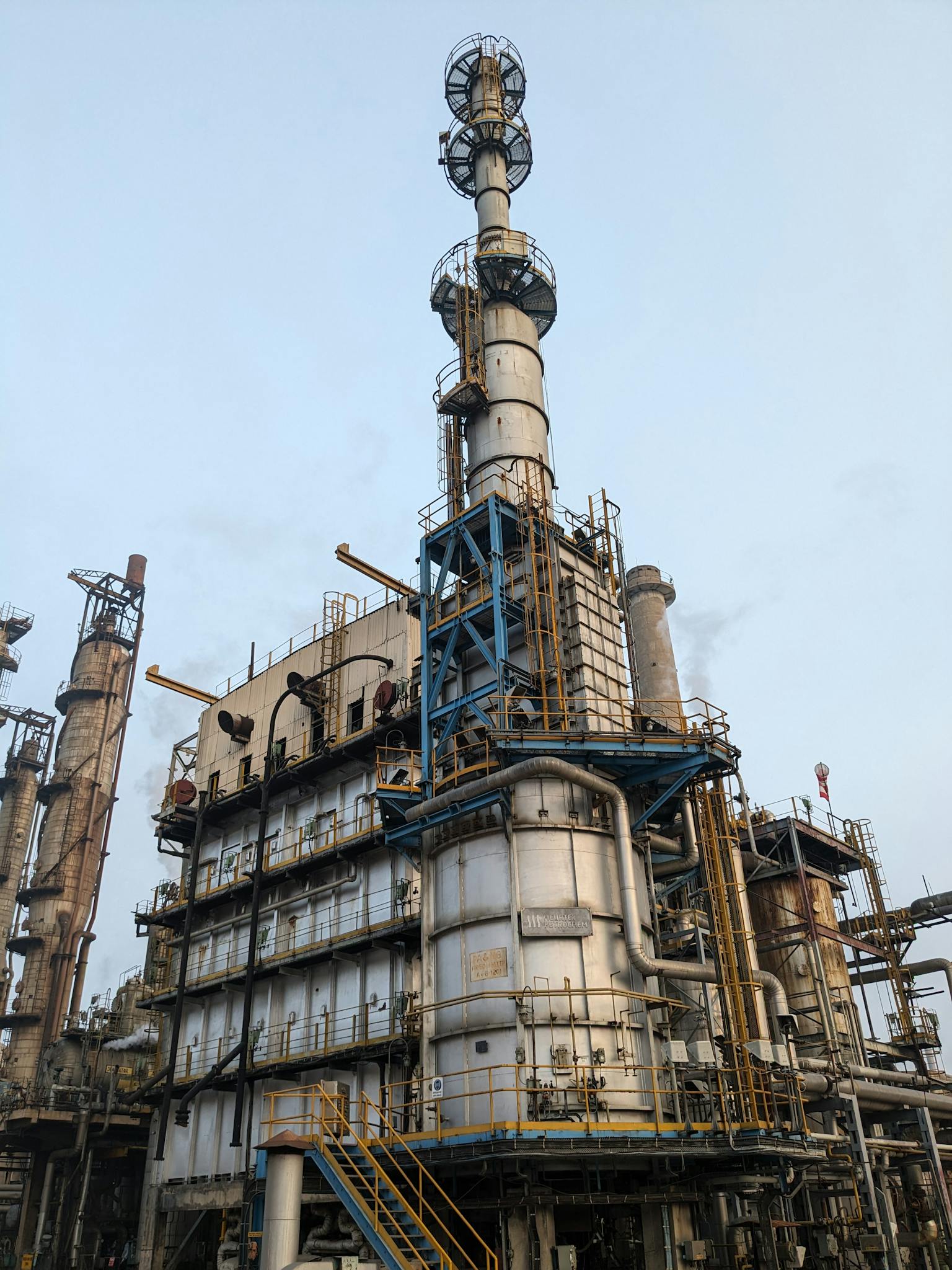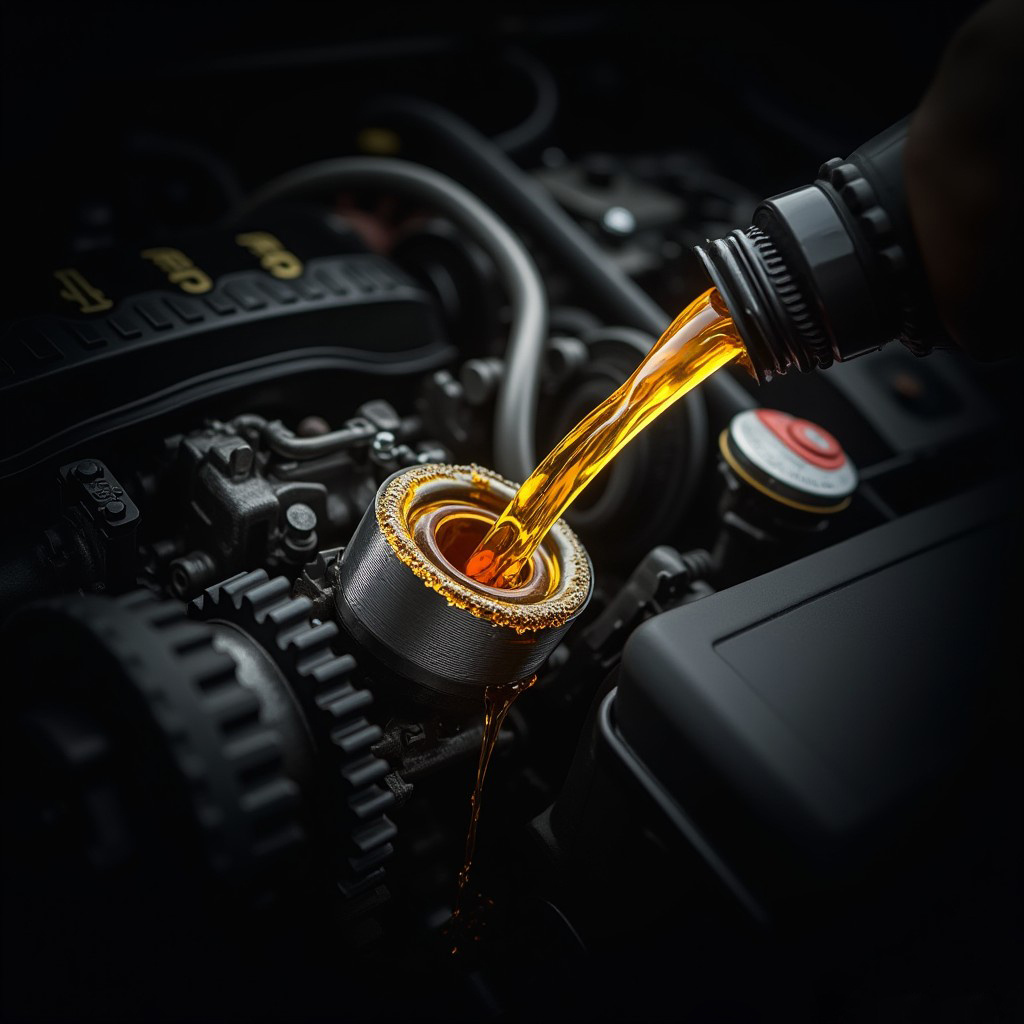A new look at quality and efficienc
Better motor oil is also likely to improve performance, as all the parts of the engine can run more smoothly. This can mean a more responsive car and better fuel economy



Why engine oil and Nextol
What are the benefits of an engine oil? For vehicle owners, engine oils help reduce costly repairs. Without an engine oil, the engine will quickly be damaged. Since, engine oils clean, cool and prevent the engine from corrosion, they save it from being clogged and damaged
“NEXTOL – Unstoppable Power and Protection for Your Engine!”

Add a Title

Add a Title

Add a Title
Motor oil quality matters for several reasons
One of the big ones is higher quality motor oil can save you money on repairs. How? Better oil means a lower likelihood of something going wrong – and if you have an oil-related failure, what goes wrong is often very expensive.
If you have to replace your transmission or engine because you used cheap oil, you will lose the money you saved by not choosing a higher quality oil many times over
An engine with better oil will last longer. Your car, like all machines, has moving parts, and like all machines with moving parts, those parts wear down and need to get replaced. Friction is obviously the enemy – quality oil keeps your engine internals lubricated better, which means they wear down much more slowly, giving you a longer car life
Better motor oil is also likely to improve performance, as all the parts of the engine can run more smoothly. This can mean a more responsive car and better fuel economy


Understanding the Need for Viscosity Index Improvers
The viscosity index measures an oil’s ability to resist changes in viscosity as temperature changes. Viscosity index improvers utilize polymer additives to help maintain oil viscosity over a wide range of temperatures. The more viscous the oil is, the more easily it coats and completely protects your engine parts from wear. The use of viscosity index improvers allows the formulation of multi-grade engine oils, such as SAE 0W-40 and SAE 5W-30

The Reason Your Oil Needs Antioxidants
Oxidation results from exposure of the oil to oxygen at high temperatures. It’s a bad thing. The results of such exposure can accelerate the breakdown of the oil and contribute to oil thickening, sludge, and deposits. This buildup of grime lowers the performance and efficiency of your vehicle. Antioxidants help slow oxidation in the oil to help keep engines running clean.

Three Reasons Your Oil Needs Anti-Foam Additives
Air bubbles caused by foam create a variety of problems in oil. They make oil harder to pump to vital engine parts, reduce the oil’s lubrication effectiveness, and inhibit the oil’s ability to help keep the engine cool. All of these things hurt a vehicle’s performance and efficiency and an oil that has foamed-up can result in serious engine damage. An anti-foam additive helps prevent these problems, specifically at high temperatures.
